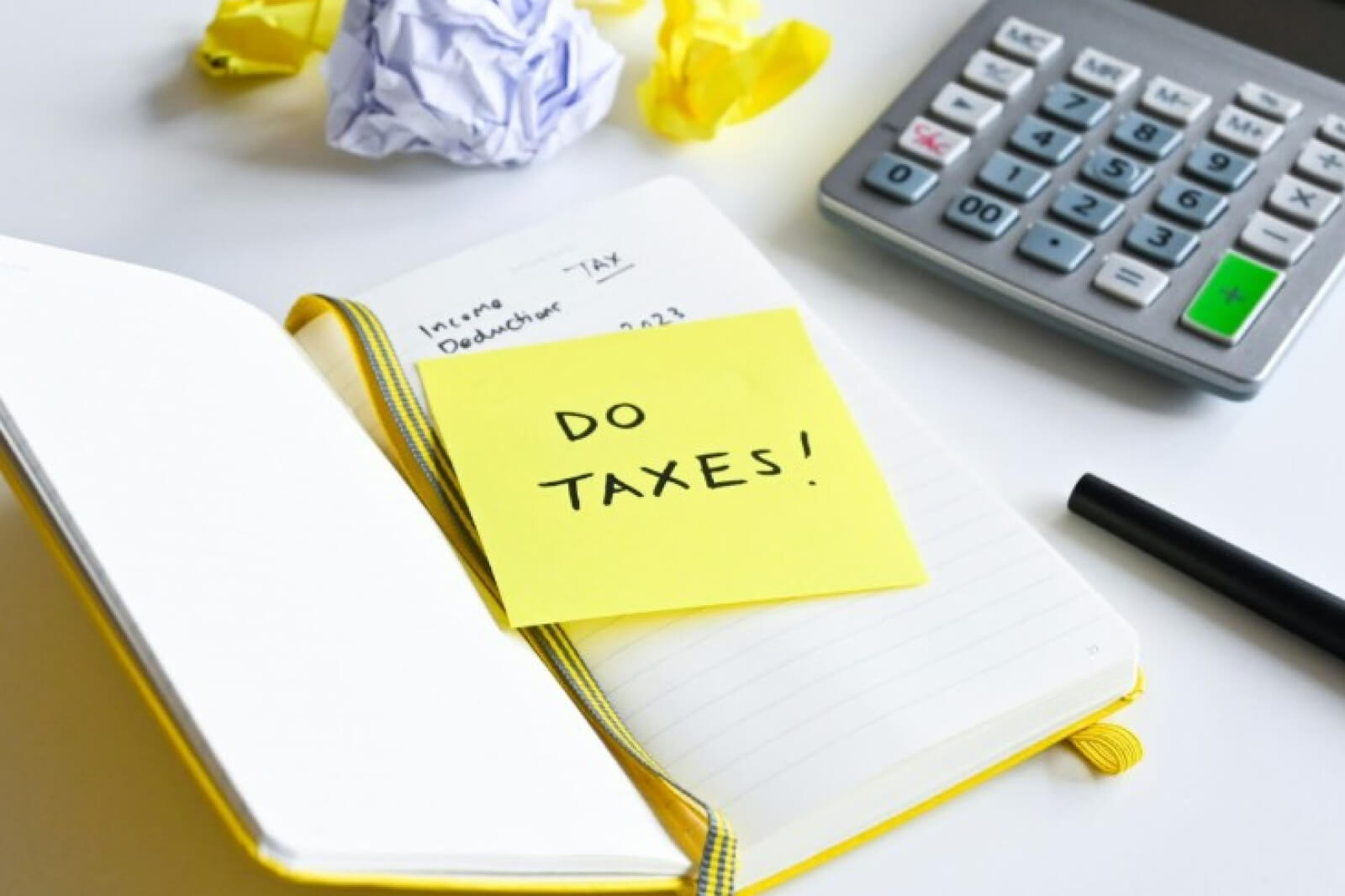The state of the stock market is constantly reported on by almost every news outlet, so it can be hard to ignore. However, the stock market can fluctuate pretty greatly even just inside a single day. Should you worry when the stock market takes a dip or rejoice when it sees a small increase?
Not always. The stock market can be a good indicator of the overall economy, but it is still pretty volatile. If there is an incredibly big crash or rise, then you should probably pay attention. But some stocks will fluctuate wildly depending on current events, only to rebound once things have quieted down. Context always matters when watching the stock market.
The health of the stock market depends on how often people are buying and selling shares in publicly traded companies. The more a share costs, the more the company it belongs to is worth. The price is determined by market forces. Think of the supply and demand theory. The more people want to buy a stock, the more it will generally cost. This is why Apple’s stock is worth around $143 per share. But because the price is based on demand, shocking headlines can cause sudden fluctuations in the cost.
An example of these volatile fluctuations is Boeing’s stock plummeting in response to then-President-elect Donald Trump tweeting about the company. Trump tweeted, “Boeing is building a brand new 747 Air Force One for future presidents, but costs are out of control, more than $4 billion. Cancel order!”
As a result, Boeing’s stock dropped nearly $2 per share before the stock market opened the next day. The Air Force One contract with Boeing was actually $170 million. But stockholders were right to be concerned about the cancellation of a government contract leading to a downfall in profits. Still, the contract was never canceled and Boeing’s stock rebounded over the next few days. This was a temporary reaction to the news of the day and not a true reflection of the state of Boeing’s profitability.
But of course, if every single stock in the market experiences a huge drop, that might be some cause for concern. It was this kind of plummet that began the Great Depression and the more recent financial crisis of 2008. However, if the market falls slightly overall in a single day, pay attention to the next day. If it bounces back, then it’s probably a short-term reaction. The same goes for an increase. If the trend continues more than a few days, it’s likely here to stay for awhile.
When looking at stock market news, it’s important to take into account that the market is pretty volatile. It often experiences short-term bounces and dips based on the news of the day. However, as one of the most accesible indicators of economic health, it is important to pay attention — even if only to determine if a short-term plummet will stick around.
string(3386) "
The state of the stock market is constantly reported on by almost every news outlet, so it can be hard to ignore. However, the stock market can fluctuate pretty greatly even just inside a single day. Should you worry when the stock market takes a dip or rejoice when it sees a small increase?
Not always. The stock market can be a good indicator of the overall economy, but it is still pretty volatile. If there is an incredibly big crash or rise, then you should probably pay attention. But some stocks will fluctuate wildly depending on current events, only to rebound once things have quieted down. Context always matters when watching the stock market.
The health of the stock market depends on how often people are buying and selling shares in publicly traded companies. The more a share costs, the more the company it belongs to is worth. The price is determined by market forces. Think of the supply and demand theory. The more people want to buy a stock, the more it will generally cost. This is why Apple's stock is worth around $143 per share. But because the price is based on demand, shocking headlines can cause sudden fluctuations in the cost.
An example of these volatile fluctuations is Boeing's stock plummeting in response to then-President-elect Donald Trump tweeting about the company. Trump tweeted, “Boeing is building a brand new 747 Air Force One for future presidents, but costs are out of control, more than $4 billion. Cancel order!"
As a result, Boeing's stock dropped nearly $2 per share before the stock market opened the next day. The Air Force One contract with Boeing was actually $170 million. But stockholders were right to be concerned about the cancellation of a government contract leading to a downfall in profits. Still, the contract was never canceled and Boeing's stock rebounded over the next few days. This was a temporary reaction to the news of the day and not a true reflection of the state of Boeing's profitability.
But of course, if every single stock in the market experiences a huge drop, that might be some cause for concern. It was this kind of plummet that began the Great Depression and the more recent financial crisis of 2008. However, if the market falls slightly overall in a single day, pay attention to the next day. If it bounces back, then it's probably a short-term reaction. The same goes for an increase. If the trend continues more than a few days, it's likely here to stay for awhile.
When looking at stock market news, it's important to take into account that the market is pretty volatile. It often experiences short-term bounces and dips based on the news of the day. However, as one of the most accesible indicators of economic health, it is important to pay attention — even if only to determine if a short-term plummet will stick around.
"












